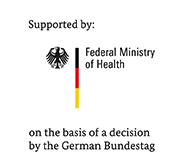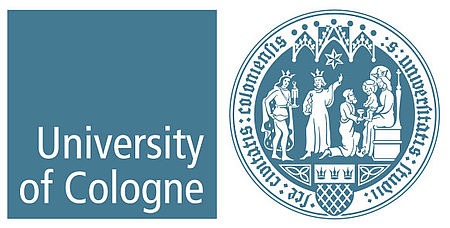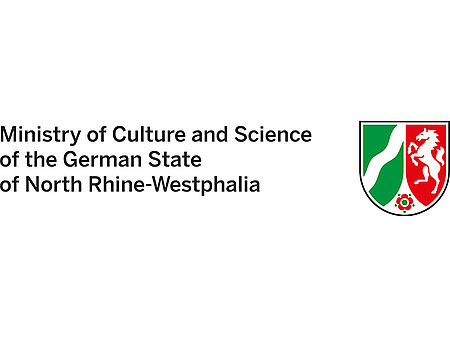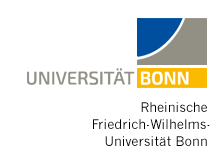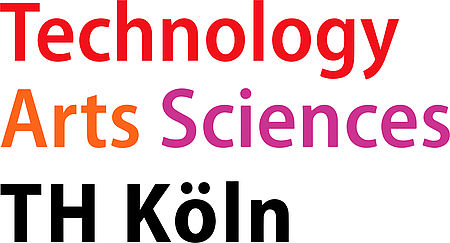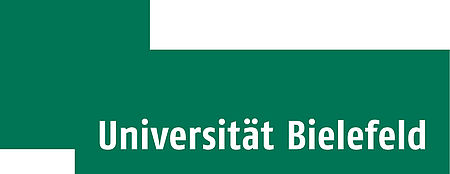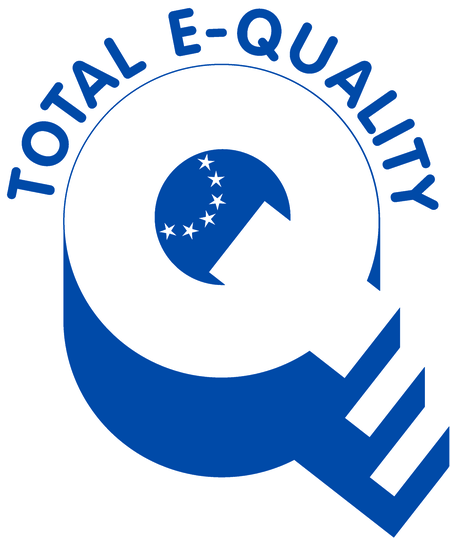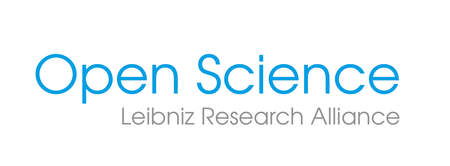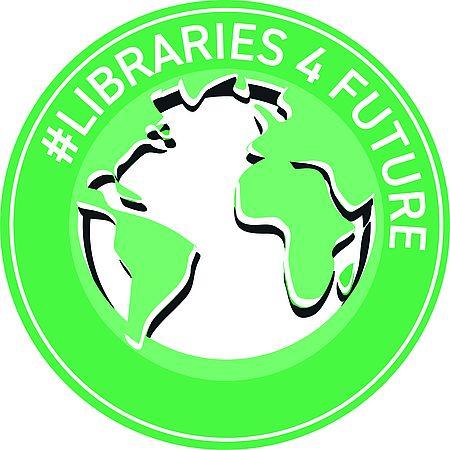Digital Approaches for the Synthesis of Poorly Accessible Biodiversity Information
DiASPora aimed to improve the integration, accessibility, and manageability of information on bacterial biodiversity. To this end, currently available information was gathered and processed from a multitude of sources, including more than 150 scientific journals.
The project used the established de.NBI database BacDive to link data in machine-readable form, making it easily accessible. In parallel, new bioinformatics tools were being developed that enabled multidimensional analyses of these widely divergent molecular, phenotypical, and ecologic data to make bacterial properties predictable.
Researchers from a multitude of disciplines used their different methods to work together within the framework of the project. These experts provided competencies in microbiology, informatics, semantic knowledge management, data sciences, software development, text mining, and bioinformatics, linking various complementary approaches: manual curation, text mining, inferences by bioinformatic methods, and machine learning.
Vocabularies and ontologies let the project convert microbiologic data of the BacDive database into a machine-readable format with the help of the Resource Description Framework (RDF). The transformed data were consequently used to establish a Knowledge Graph, which enabled innovative search possibilities to discover new scientific findings and data connections that were hidden until then.
ZB MED’s role in the project
Mobilization of microbioal knowledge via text mining of scientific literature
Duration
1 May 2020 – 31 August 2023
Funding bodies
Leibniz Collaborative Excellence funding programme
Partners
- Leibniz Institute DSMZ-German Collection of Microorganisms and Cell Cultures, Braunschweig
- TIB - Leibniz Information Centre for Science and Technology, Hanover

